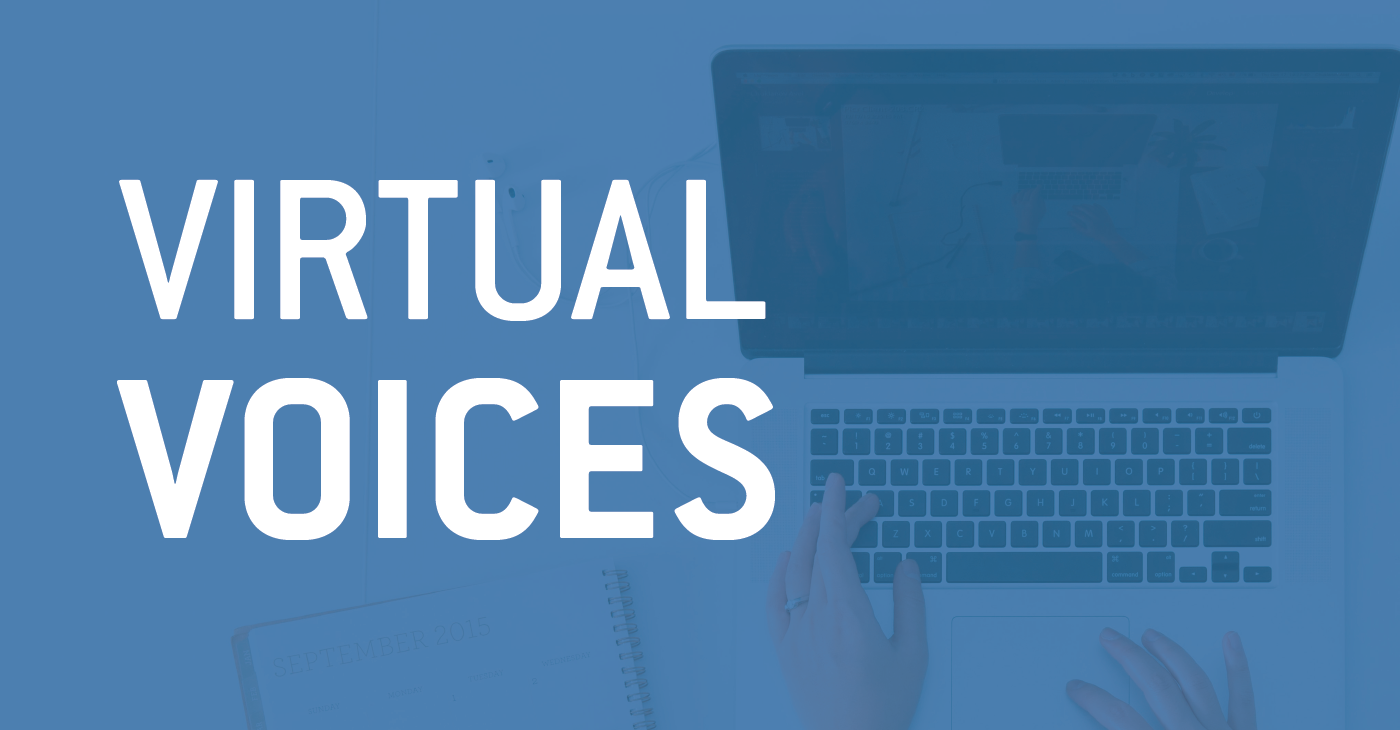Mental health and wellness has always been important but today it is arguably more critical than ever. Last week’s Virtual Voices reminded us that mental health and wellness is something that effects all of us and we can work together to change the stigma associated with it.
Virtual Voices aims to keep Denver Metro Chamber Leadership Foundation alums informed and engaged as our community works through this challenging time. Each virtual meeting brings together leaders on the front lines of impacted industries to share their knowledge, perspectives and leadership lessons.
Kelly Dunkin, president and CEO of the Community First Foundation, Justin Kruger, founder of Project Helping and KyndHub, and Lorez Meinhold, executive director of Caring for Denver Foundation shared how they’re addressing mental wellness in our community and tips to navigate these difficult times.
Check out our key takeaways and the video of the webinar below.
Reduce the stigma. Promote mental wellness in your business and your community. The more we talk about it; we start to normalize the conversation. By addressing the stigma, we can create a safe space for people to seek the care and support they need. Consider using the word “because” when doing something for your mental health, “I’m going to talk a walk because it’s good for my mental health”. This helps to normalize mental wellness.
Flex your mental wellness muscles. Think of mental health like you do your physical health. Your mental health is linked to your physical health and social wellbeing. Focusing on health as a whole can help improve your mental wellness. Everyone has the capacity to build mental wellness and you should work on it daily – just like exercising.
Not one size fits all. There’s not one solution for mental health and everyone’s mental wellness is unique to them. As employers, look at the resources your providing your team and think about if it makes sense for your employees. Don’t forget to add the “why” – we’re adding this resource because it can help our mental health.
Community support is also unique. When thinking about the support needed in each community, think about the voice and culture of that community and ask the community what resources they need to address mental wellness.
Build your toolbox. Take a moment to reflect on your mental wellness and make note of the good and bad days. By paying attention to your mental health, you’re sharpening your wellness tools. It will also help you pay attention to the health and wellness of your team and be able to provide them with the tools they need to talk about mental health from sharing their stories to the ability to listen.
One tip the leaders shared for how they’ve addressed their own mental health is to give back. They’ve found that when they give, it has a positive effect on their wellbeing. You can give by donating, volunteering or being a support system for your community. Find what has a positive effect on you.
Join us for an upcoming Virtual Voices. Check out our upcoming programs.
- Virtual Voices: Talking to Your Kids About Race – 11 a.m. to noon, Sept. 24

